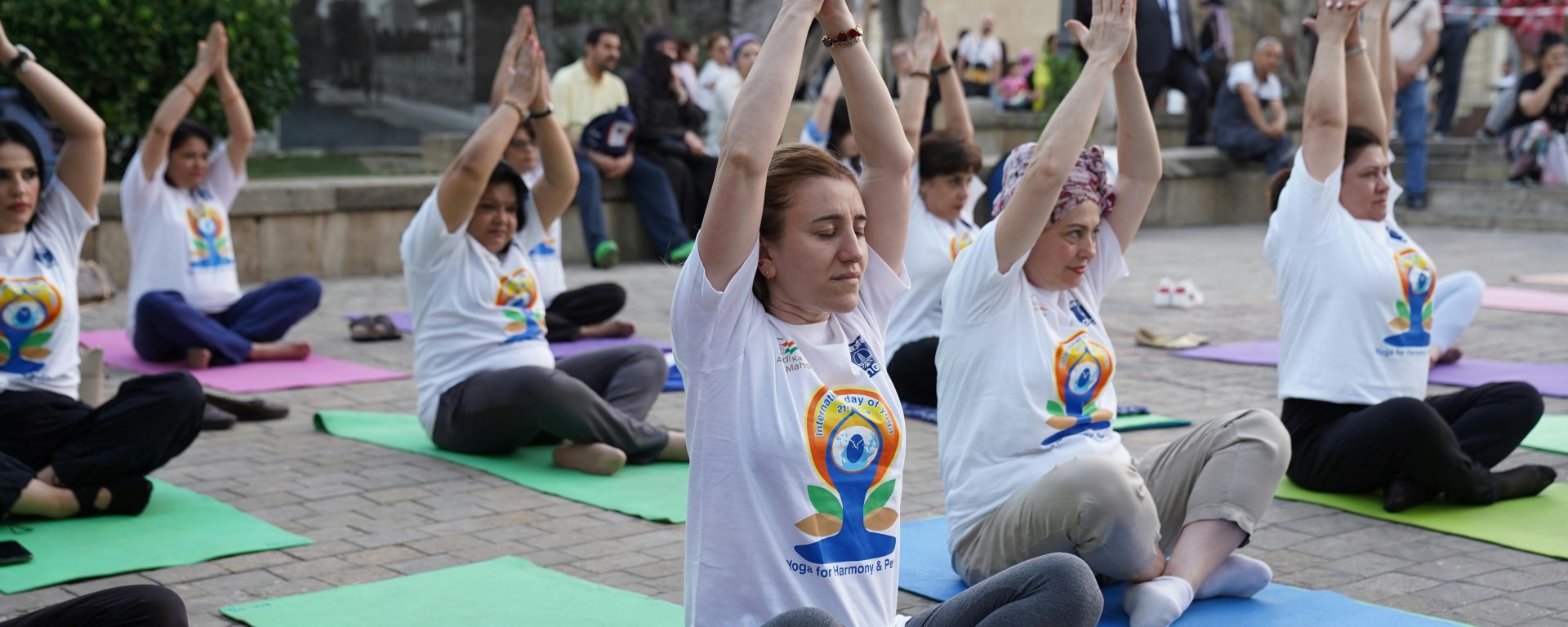Recent research highlights a growing concern over stress levels and emotional well-being among university staff. In 2011, a study conducted by Ned Hartfiel, Jon Havenhand, Sat Bir Khalsa, Graham Clarke, and Anne Krayer explores the potential of yoga to mitigate these issues. This study, conducted at a British university, examined whether a six-week Dru Yoga program could enhance emotional well-being and resilience to stress among university employees.
The randomized controlled trial involved 48 university staff members, divided into two groups: one participated in yoga sessions, while the other was placed on a wait-list control with no intervention. The yoga group engaged in weekly 60-minute Dru Yoga classes, led by a certified instructor, during lunchtime from January to March 2008. To measure the impact, participants self-assessed their mood and well-being at the beginning and end of the program using the Profile of Mood States – Bipolar (POMS-Bi) and the Inventory of Positive Psychological Attitudes (IPPA).
Results from the trial were striking. The yoga participants showed significant improvements in seven out of eight measures of mood and well-being compared to the control group. Specifically, the yoga group reported feeling more clear-minded, composed, elated, energetic, and confident. They also experienced increased life purpose, satisfaction, and self-confidence in stressful situations.
The findings suggest that even a brief, six-week yoga program can substantially enhance emotional well-being and stress resilience in the workplace. The researchers advocate for employers to consider incorporating yoga classes to support their employees’ mental health and overall well-being.
Reference: Hartfiel, N., Havenhand, J., Khalsa, S. B., Clarke, G., & Krayer, A. (2011). The effectiveness of yoga for the improvement of well-being and resilience to stress in the workplace. Scandinavian journal of work, environment & health, 70-76.
